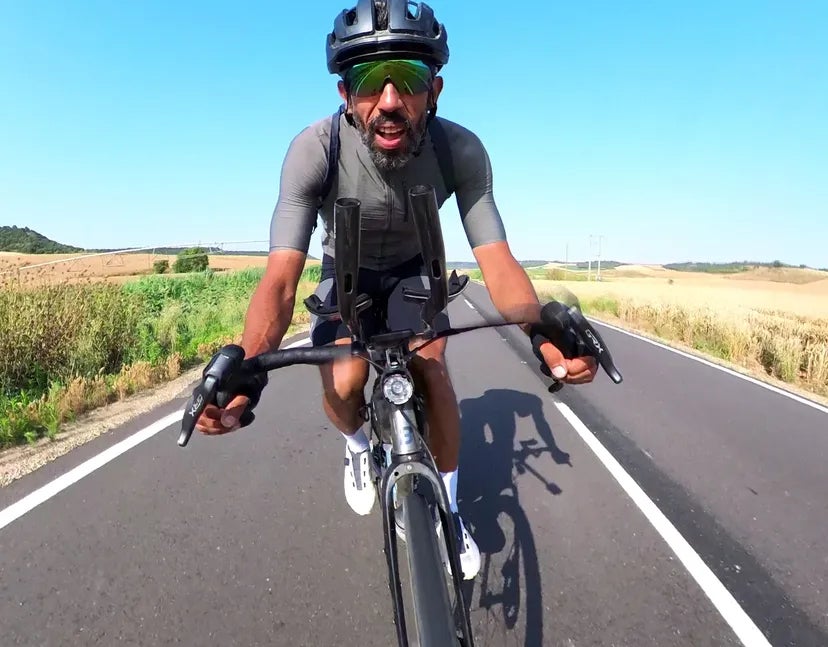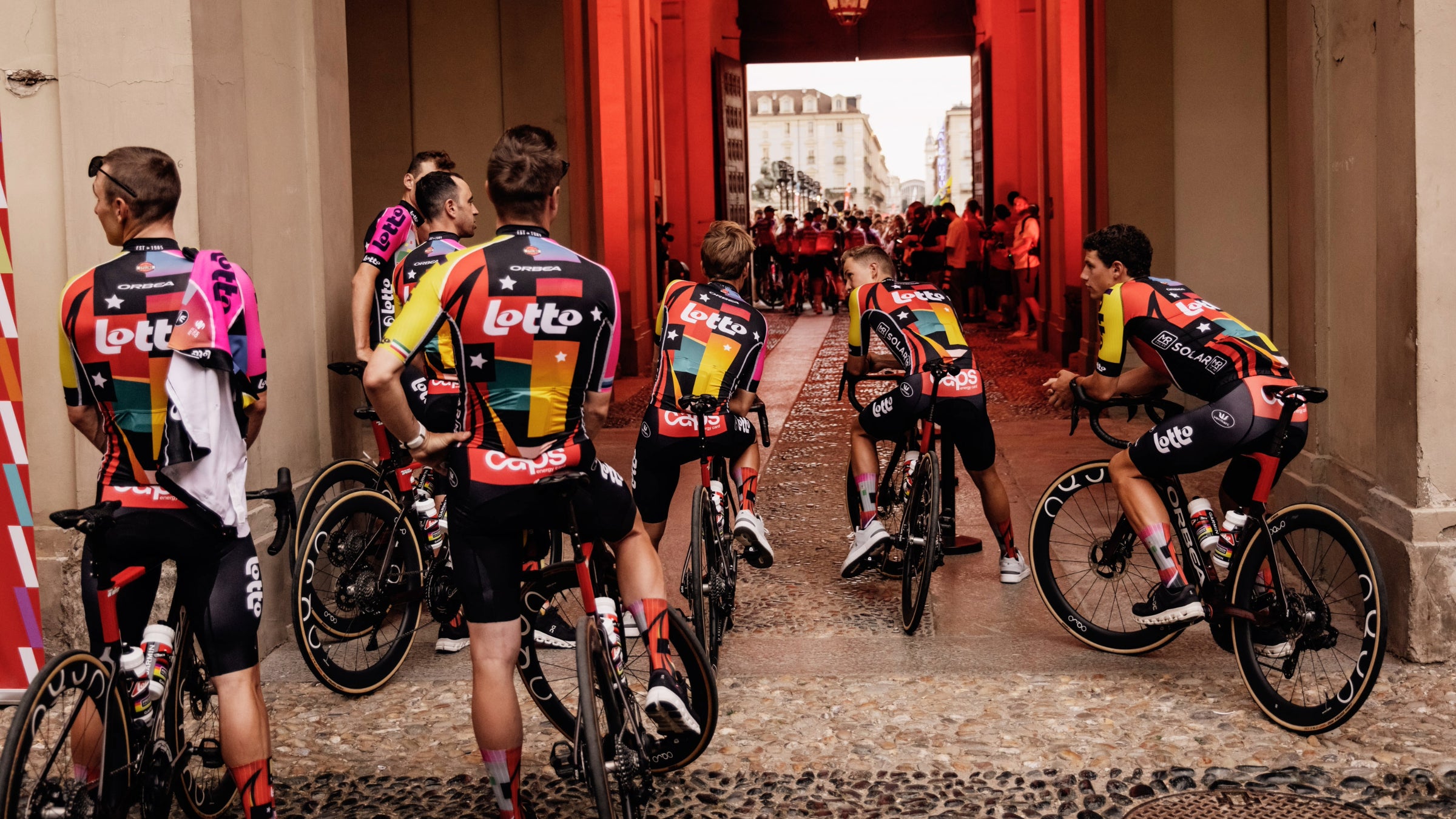The Rise of Pay-to-Race in Cyclings: What It Means for the Future
Cycling has always been more than just a sport; it’s a community bound by passion, resilience, and the thrill of the ride. However, recent trends indicate a troubling shift in the cycling landscape: an increasing number of international riders are finding themselves in pay-to-race scenarios due to budget cuts and rising operational costs faced by national federations. With rising travel expenses and diminishing support, what does this mean for budding athletes and the future of international competition?
The Changing Financial Landscape of Cycling
As many cycling federations grapple with shrinking budgets, initiatives like Cycling Canada’s tiered funding system reveal the unfortunate reality that not all cyclists receive the same level of support. While top athletes may have their flights and accommodations fully covered, up-and-coming talent often has to contribute financially, covering their travel expenses and related costs. For instance, Canadian rider Magdeleine Vallieres, who recently made history by becoming the first Canadian to win a UCI World Road Championship, funded her journey to Rwanda out of her own pocket, underscoring the tough choices many athletes must make.
This financial strain is not limited to Canada. Teams from the United States to Ireland are experiencing similar challenges. With significant travel costs—round-trip tickets to events soaring above $1,500 per cyclist—many athletes face daunting hurdles. For budding stars trying to make their mark on the international stage, like Vallieres, this often translates to managing personal finances while pursuing their dreams.
The Global Impact of Rising Costs
The recent UCI World Championships held in Rwanda highlighted not just the beauty of this exotic location but also the financial strain on traditional cycling nations. While participation rates were high, especially among African countries, many established cycling teams sent fewer riders. The fear of exorbitant travel and operational costs forced countries like Denmark and Australia to scale back representation.
American riders have also felt the pinch. With USA Cycling relying on private funding and lacking federal support, some athletes have resorted to crowdfunding, like Megan Jastrab, who launched a GoFundMe to help cover travel costs for junior cyclists. This trend illustrates a broader issue: how can emerging cyclists reconcile their passion with the financial realities of international racing?
Future Outlook: A North American World Championship
Looking ahead to the 2026 UCI World Championships set to take place in Canada, there is a glimmer of hope. With this event conveniently located in North America, the prospect of reduced travel costs could mean fuller representation from teams across the continent. Both Cycling Canada and Team USA plan to seize this opportunity to showcase their talent on home turf.
As cycling evolves, the challenges presented by the new pay-to-race scenario must be addressed to preserve the spirit of the sport and support future generations of cyclists. Increased funding initiatives and more equitable systems of support will be essential for developing athletes to thrive on a global scale.
In conclusion, while the shifting financial landscape presents challenges for many cyclists, the resilience and grit of riders like Vallieres remind us of the endless possibilities that lie ahead. The community must rally together to ensure that passion continues to drive the great sport of cycling, regardless of financial constraints.
Original article: Click here











